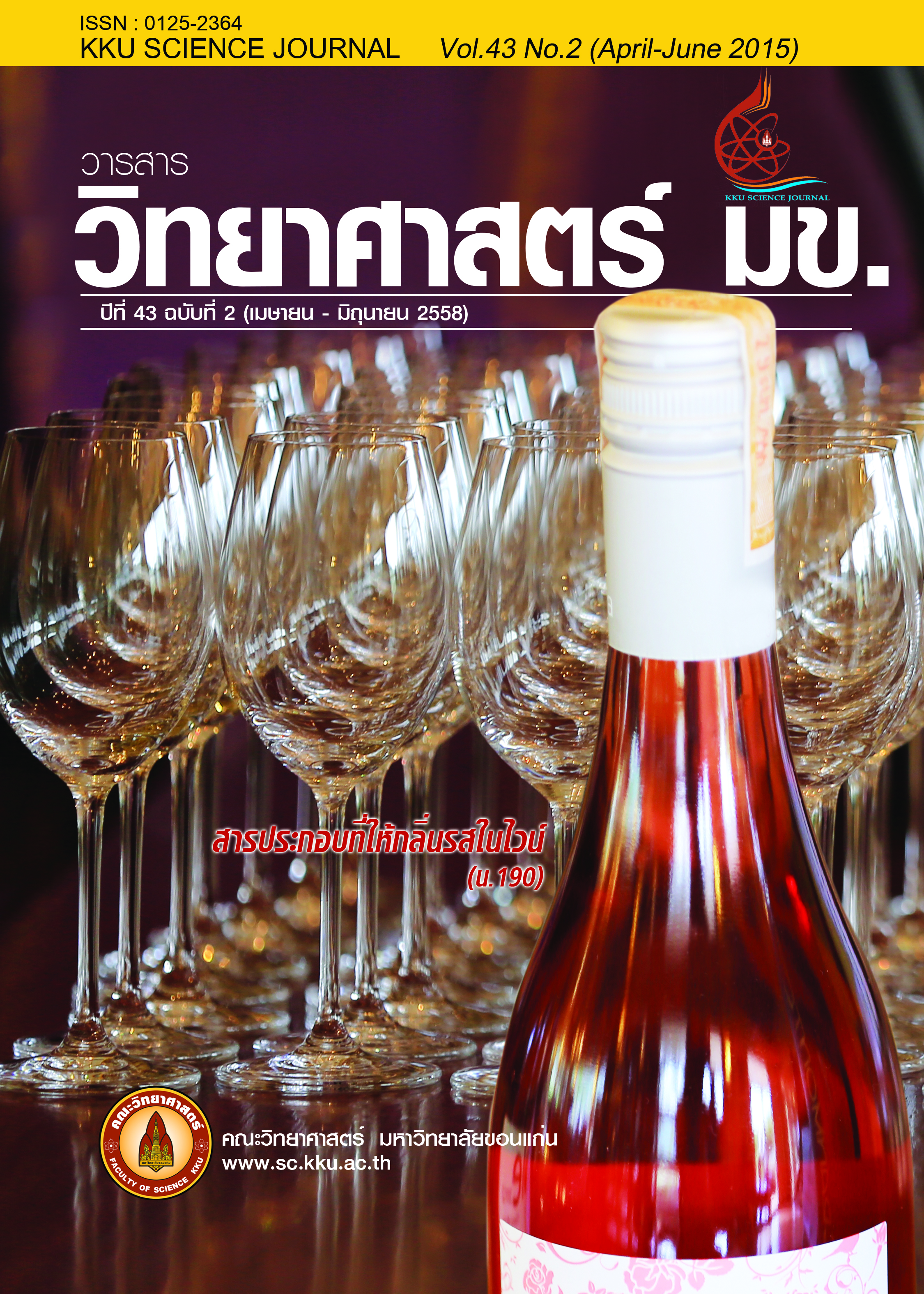What is “biological age” and how can it be measured?
Main Article Content
Abstract
Biological age (BA) reflects the actual state or true global state of the body, which could be equal to, more than, or less than the chronological age of a person. BA is considered to be an innovation in health care, since it can link to diseases associated with aging such as cardiovascular disease, liver function abnormalities, diabetes and cancer. The acquisition of biological age can be done in several ways. For example, one could look into the live blood cells, or use mild electrification to assess the overall health of the body, or use data from online health surveys. Gerontologist, statisticians, and those from related fields, especially from Korea and Japan, have developed many BA models used for their respected countries’ populations. They have found that biological age is an important tool in anti-aging science and health care, because it helps people to become aware of their health status and leads them to take better care of themselves, while searching for the causes of their advanced BA.
Article Details

This work is licensed under a Creative Commons Attribution-NonCommercial-NoDerivatives 4.0 International License.


